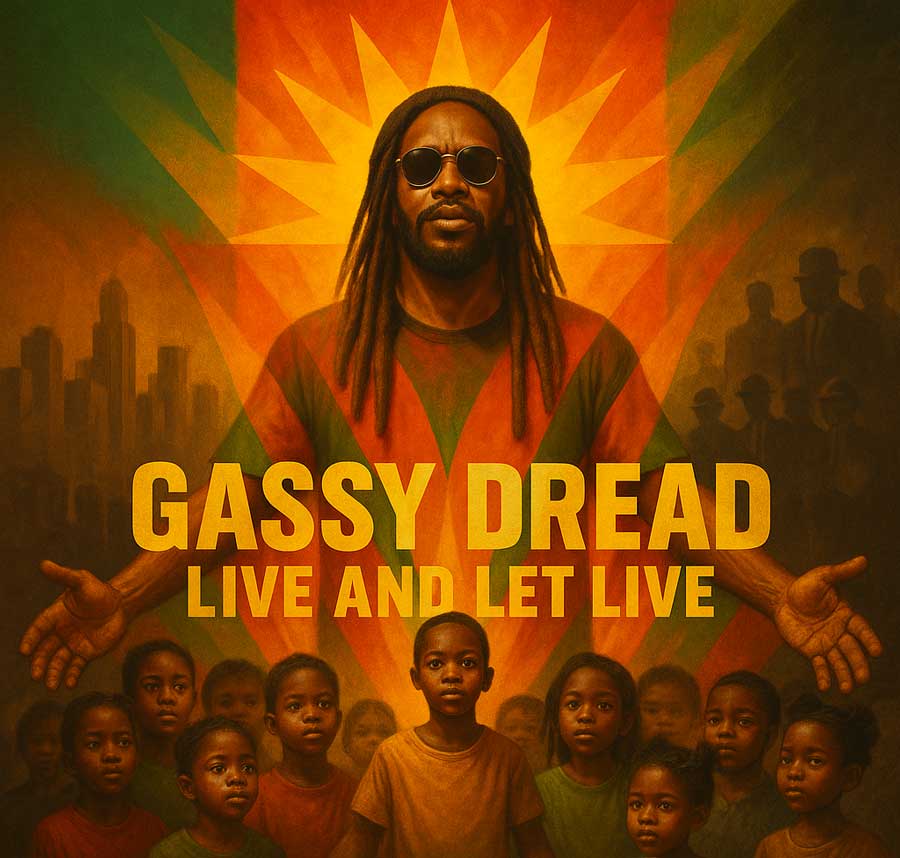The Caribbean islands are seeing a rise in citizenship applications linked to property purchases, driven by turbulence in U.S. politics and an attractive getaway option.
Scroll through the diverse real estate listings across the Eastern Caribbean, and it’s clear: the appeal of breathtaking beaches and a relaxed lifestyle is being augmented by a powerful incentive—citizenship. Amid political uncertainty in the United States, there’s a notable surge in affluent individuals eager to secure a second passport via property investments. The allure of citizenship by investment (CBI) programs has found enthusiastic takers on islands like Antigua and Barbuda, Dominica, Grenada, St Kitts and Nevis, and St Lucia, where properties can be acquired for as little as $200,000 (£145,000).
Purchasing property not only secures a home in paradise but also opens doors to visa-free travel for up to 150 countries, including the UK and the European Schengen area. For wealthy buyers, the islands offer the added benefit of low or no tax on income, capital gains, or inheritance, making these investments lucrative in more ways than one.
The demand in Antigua has escalated, with estate agent Nadia Dyson reporting that up to 70% of buyers currently seek citizenship options. “We don’t discuss politics, but the instability in the U.S. plays a role,” she states. The landscape shifted considerably in the last year, transitioning from lifestyle buyers to those prioritizing citizenship alongside property acquisition. Dyson notes a growing number of buyers contemplating a permanent move, indicating how the political climate has prompted discussions about security and lifestyle choices.
Data from investment migration specialists Henley & Partners emphasizes that U.S. applicants dominate the CBI landscape in the Caribbean. Following the turbulent climate characterized by gun violence and political disputes in the U.S., having an alternative citizenship has become a strategic plan for many high-net-worth individuals. Some people, however, choose to travel under a passport perceived as politically neutral for enhanced safety and security, according to consultant Dominic Volek.
Before the pandemic, the market was largely overlooked by U.S. citizens. However, travel restrictions during Covid-19 served as a wake-up call for wealthy individuals accustomed to carefree journeys via private air travel, thus triggering a spike in CBI inquiries. Interest skyrocketed post the contentious 2020 and 2024 elections, as political divisions became more pronounced.
While the move has brought economic relief to these island nations, it hasn’t been without dissent. Initially proposed to help struggling economies, some locals viewed selling passports as commodifying identity. Government critics from non-CBI Caribbean nations and international bodies raise alarms about potential abuses of these systems, with fears that inadequate oversight might allow criminal infiltration.
In response, the European Union has initiated audits of these CBI programs. The EU is currently assessing security risks and regulatory compliance of these citizenship initiatives, which have generated over $1 billion in revenue since their inception. Caribbean nations have been proactive, fortifying their regulatory measures, introducing new standards for applicant scrutiny, and addressing compliance concerns to safeguard their international standing.
Despite the controversy surrounding CBI, many in the Caribbean recognize its role in economic sustenance, particularly post-disaster reconstruction efforts. They invest considerably in infrastructure funded by these initiatives, with funds supporting schools, hospitals, and necessary public services.
Through property investments and donations to national development funds, individuals from diverse backgrounds can access the
Caribbean's attractive heart, while the participating nations balance economic necessity against the ethical implications. In this high-stakes environment, the fusion of lifestyle investment with citizenship offers an enticing pathway to many seeking refuge from the uncertainties of their home countries.
Scroll through the diverse real estate listings across the Eastern Caribbean, and it’s clear: the appeal of breathtaking beaches and a relaxed lifestyle is being augmented by a powerful incentive—citizenship. Amid political uncertainty in the United States, there’s a notable surge in affluent individuals eager to secure a second passport via property investments. The allure of citizenship by investment (CBI) programs has found enthusiastic takers on islands like Antigua and Barbuda, Dominica, Grenada, St Kitts and Nevis, and St Lucia, where properties can be acquired for as little as $200,000 (£145,000).
Purchasing property not only secures a home in paradise but also opens doors to visa-free travel for up to 150 countries, including the UK and the European Schengen area. For wealthy buyers, the islands offer the added benefit of low or no tax on income, capital gains, or inheritance, making these investments lucrative in more ways than one.
The demand in Antigua has escalated, with estate agent Nadia Dyson reporting that up to 70% of buyers currently seek citizenship options. “We don’t discuss politics, but the instability in the U.S. plays a role,” she states. The landscape shifted considerably in the last year, transitioning from lifestyle buyers to those prioritizing citizenship alongside property acquisition. Dyson notes a growing number of buyers contemplating a permanent move, indicating how the political climate has prompted discussions about security and lifestyle choices.
Data from investment migration specialists Henley & Partners emphasizes that U.S. applicants dominate the CBI landscape in the Caribbean. Following the turbulent climate characterized by gun violence and political disputes in the U.S., having an alternative citizenship has become a strategic plan for many high-net-worth individuals. Some people, however, choose to travel under a passport perceived as politically neutral for enhanced safety and security, according to consultant Dominic Volek.
Before the pandemic, the market was largely overlooked by U.S. citizens. However, travel restrictions during Covid-19 served as a wake-up call for wealthy individuals accustomed to carefree journeys via private air travel, thus triggering a spike in CBI inquiries. Interest skyrocketed post the contentious 2020 and 2024 elections, as political divisions became more pronounced.
While the move has brought economic relief to these island nations, it hasn’t been without dissent. Initially proposed to help struggling economies, some locals viewed selling passports as commodifying identity. Government critics from non-CBI Caribbean nations and international bodies raise alarms about potential abuses of these systems, with fears that inadequate oversight might allow criminal infiltration.
In response, the European Union has initiated audits of these CBI programs. The EU is currently assessing security risks and regulatory compliance of these citizenship initiatives, which have generated over $1 billion in revenue since their inception. Caribbean nations have been proactive, fortifying their regulatory measures, introducing new standards for applicant scrutiny, and addressing compliance concerns to safeguard their international standing.
Despite the controversy surrounding CBI, many in the Caribbean recognize its role in economic sustenance, particularly post-disaster reconstruction efforts. They invest considerably in infrastructure funded by these initiatives, with funds supporting schools, hospitals, and necessary public services.
Through property investments and donations to national development funds, individuals from diverse backgrounds can access the
Caribbean's attractive heart, while the participating nations balance economic necessity against the ethical implications. In this high-stakes environment, the fusion of lifestyle investment with citizenship offers an enticing pathway to many seeking refuge from the uncertainties of their home countries.





















